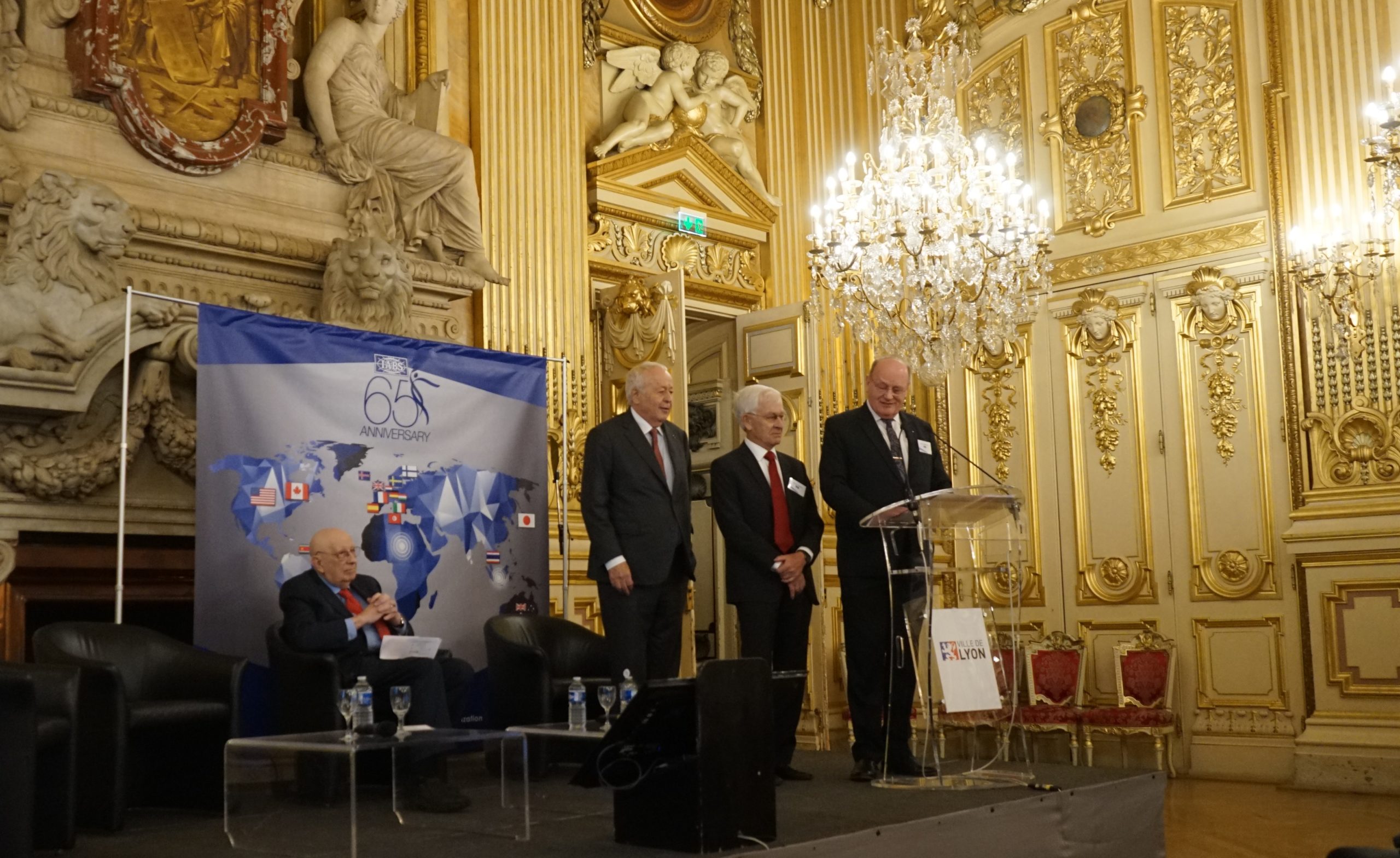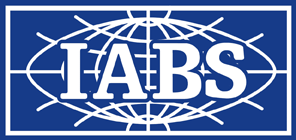New paths for sustainable solutions to tackle global and emerging infectious threats
IABS celebrated its 65th Anniversary on February 26-28, 2020, in Lyon, France.
The International Alliance for Biological Standardization (IABS) celebrated its 65th anniversary with a festive ceremony at the magnificent Town Hall in Lyon, France, commemorating the founders of IABS and their vision for scientific advancement of biologicals. The reception was followed by a two-day conference on New paths for sustainable solutions to tackle global and emerging infectious threats.

With the dramatic background of a newly emerged virus (COVID-19) spreading around the world, Coronavirus and other infectious health threats for the human and animal populations were illustrated and debated in excellent presentations. Historical evidence of pandemics and lessons learned from recent epidemics caused by many pathogens (e.g. Ebola and Zika virus) illustrated the overarching need for close international cooperation. New and old technologies in vaccine development and their use were presented, resulting in a call for greater interaction between the human and the veterinary fields in order to leverage the expertise and knowledge in human and animal medicine. The One Health concept was also emphasized for eliminating the 59,000 fatal human rabies cases annually attributed to unvaccinated dogs. For preventable, infectious diseases commonly spreading in the poorer regions of the world, a new regulatory approach and governance structure was called for to give access to affordable vaccines. Vaccines were touted as one of the most successful health invention ever introduced; on a similar level to health improvements due to clean water.
The presenters expressed appreciation of IABS’s role in the past, present, and future battle against infectious diseases in the world and applauded the close cooperation with international organizations and stakeholders. The slides are uploaded at the IABS member website and a conference report is scheduled to be published in Biologicals.

